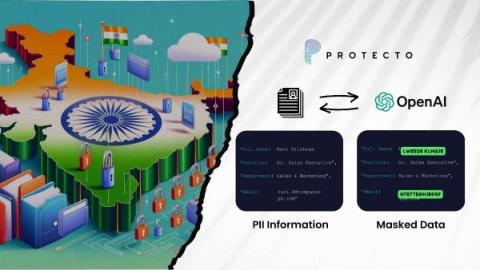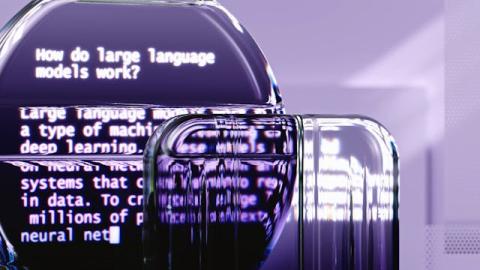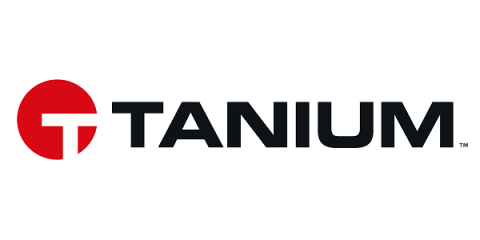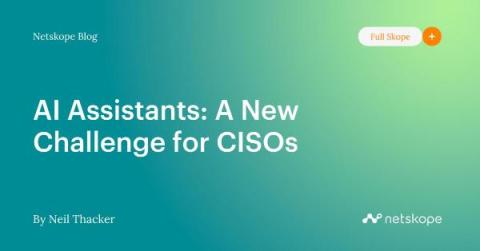Trustwave Embarks on an Extended Partnership with Microsoft Copilot for Security
Trustwave today announced it will offer clients expert guidance on implementing and fully leveraging the just-released Microsoft Copilot for Security, a generative AI-powered security solution that helps increase the efficiency and capabilities of defenders to improve security outcomes.











